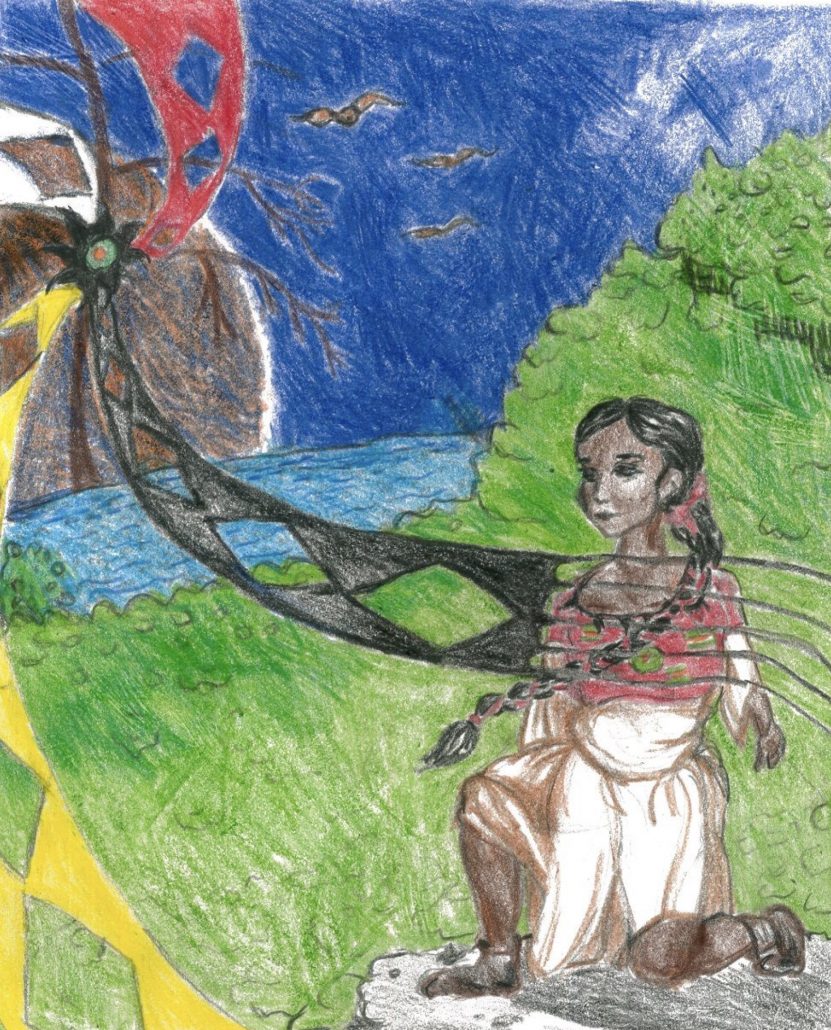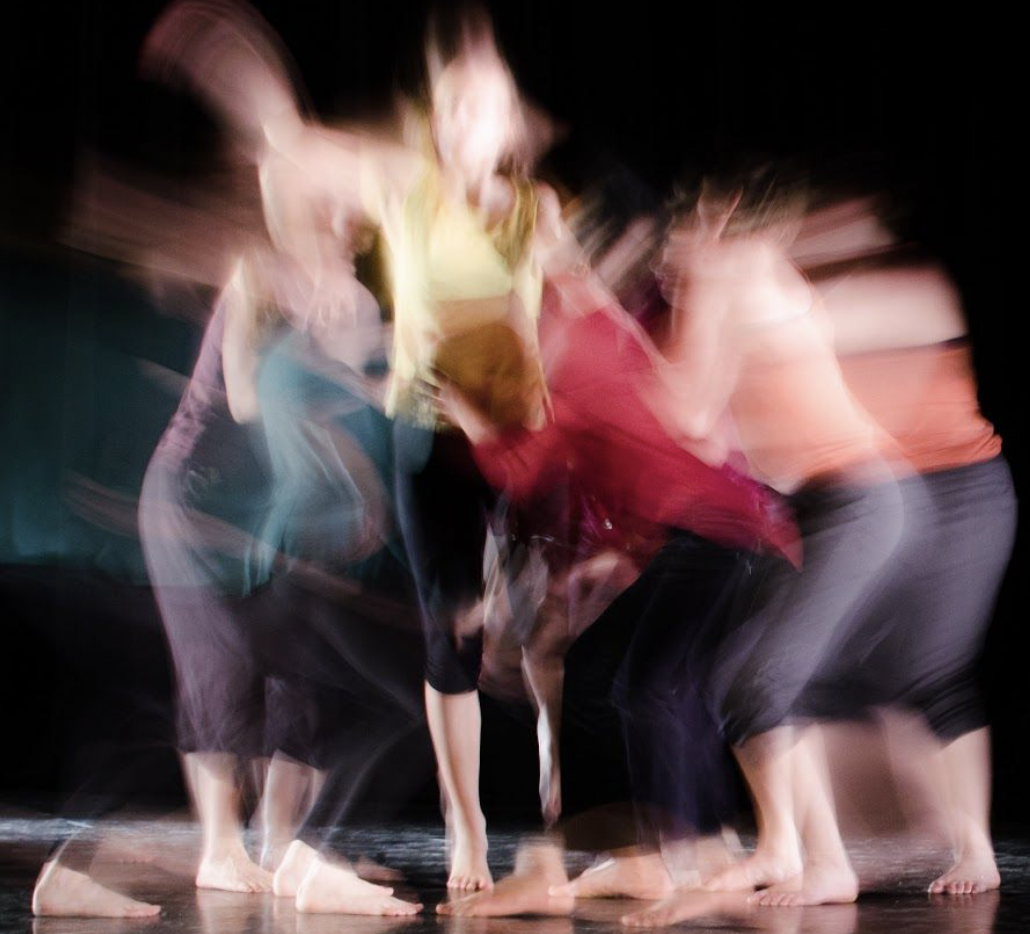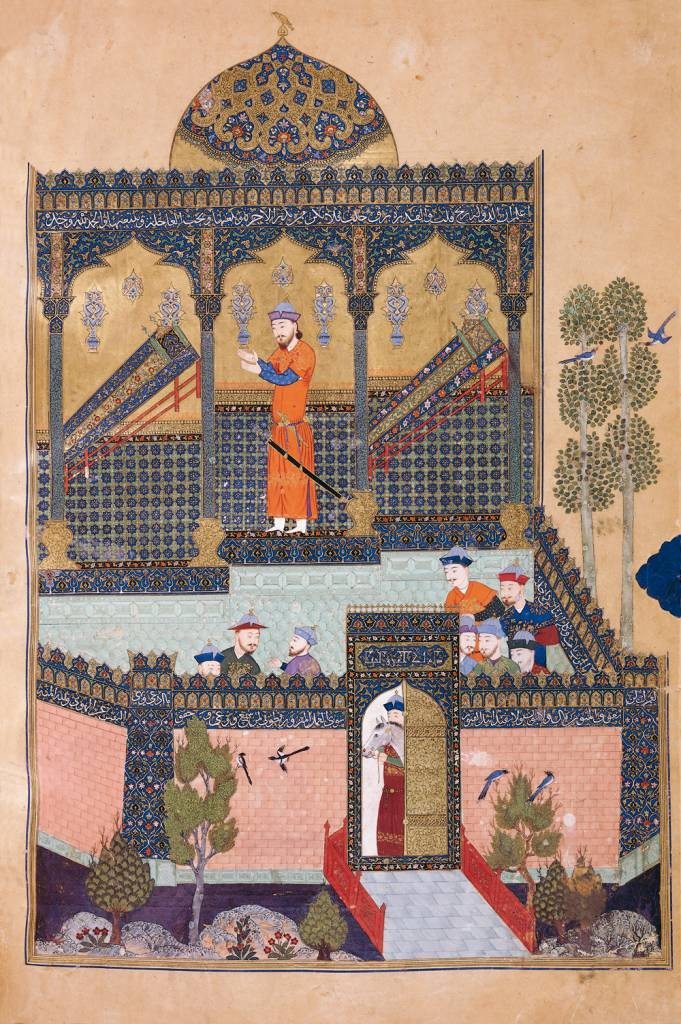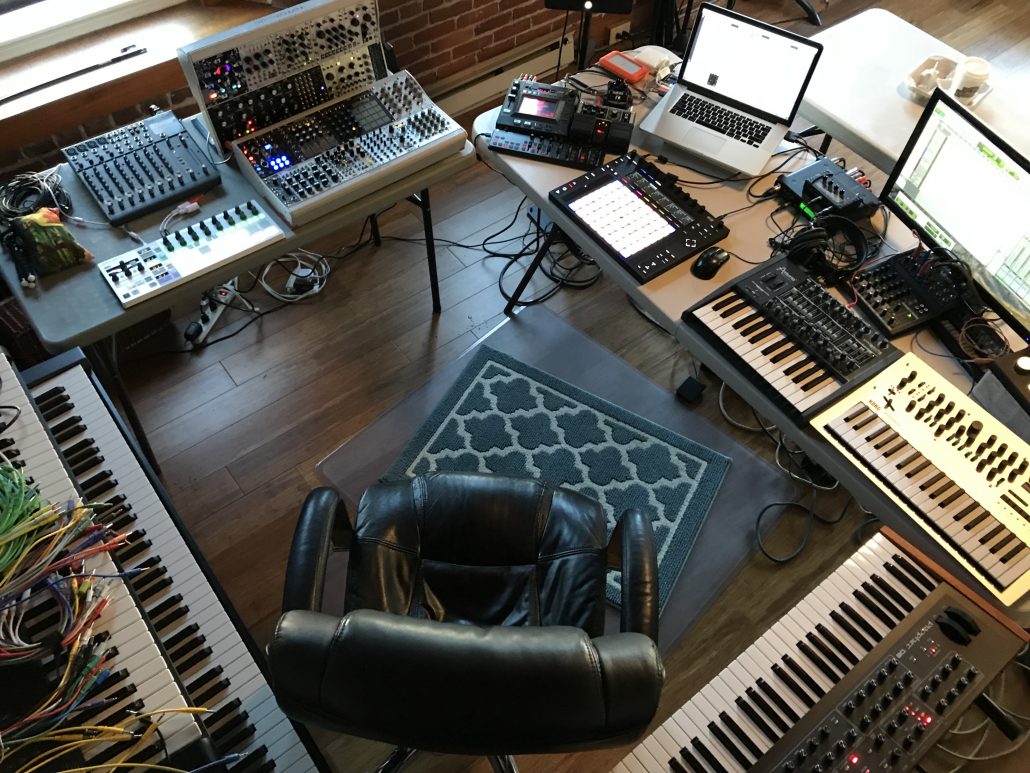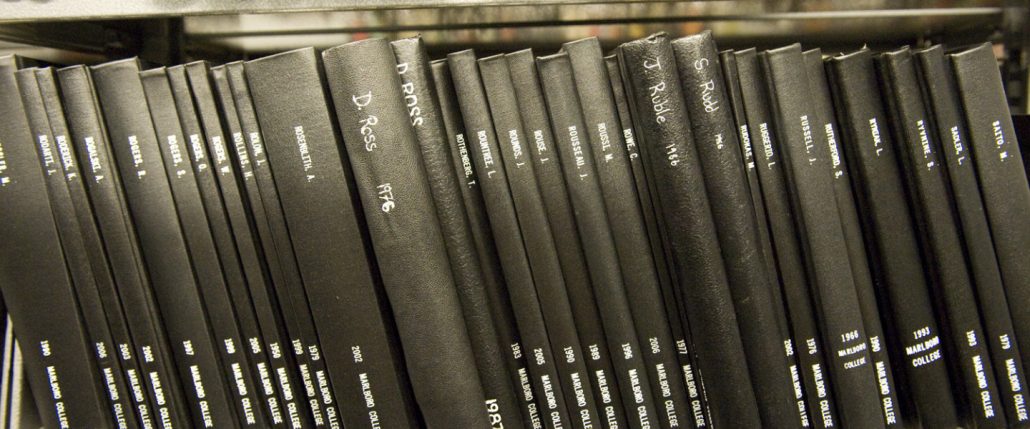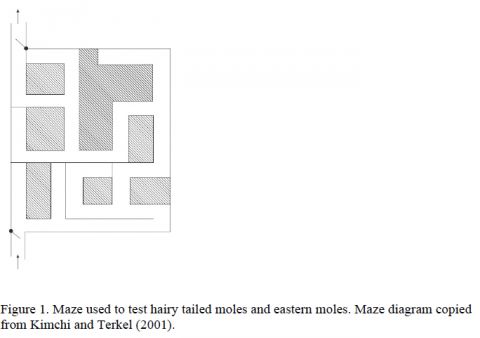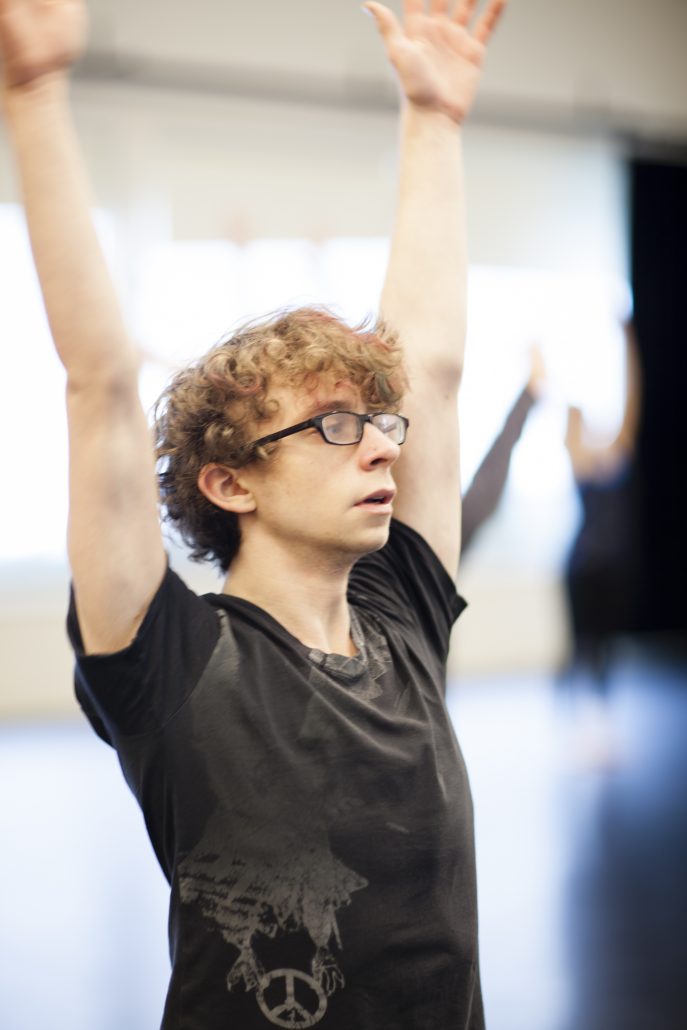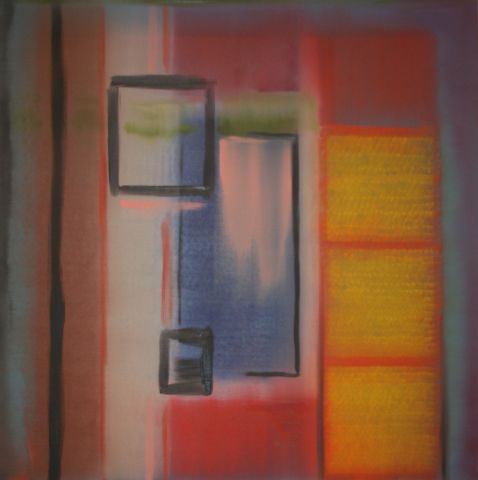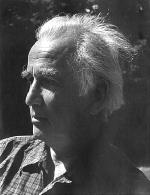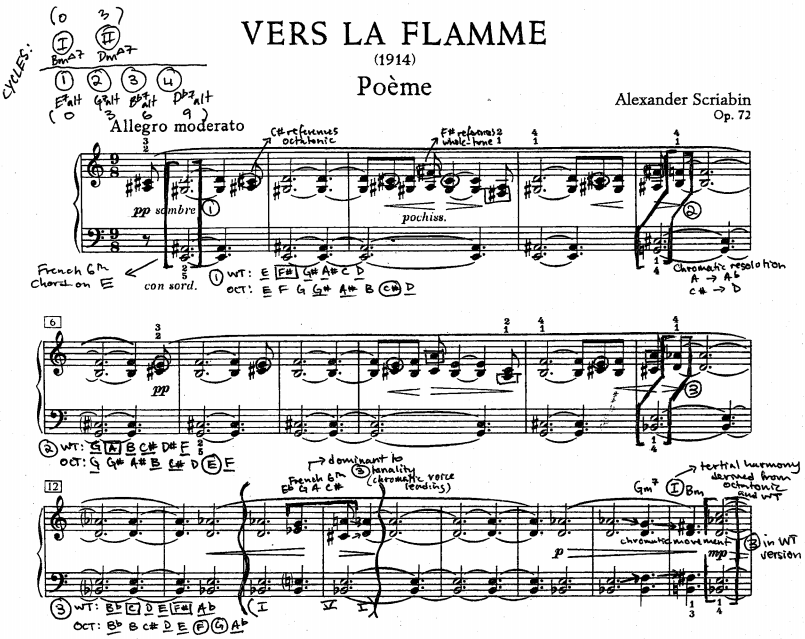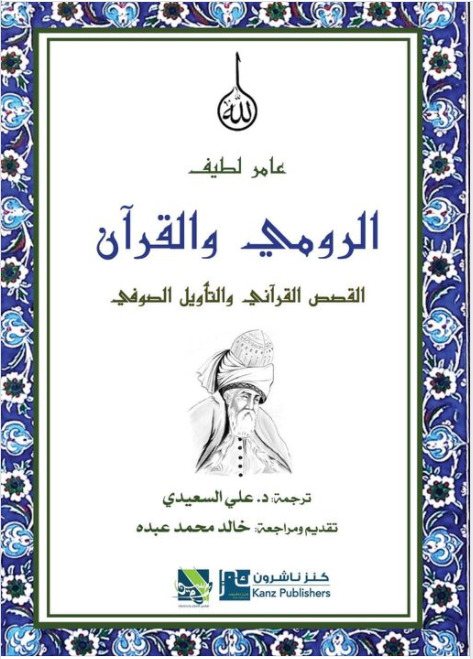Amer Latif
Fields
Education
B.A., Bard College, 1995
Ph.D. SUNY-Stony Brook, 2009
At Marlboro Since
2003
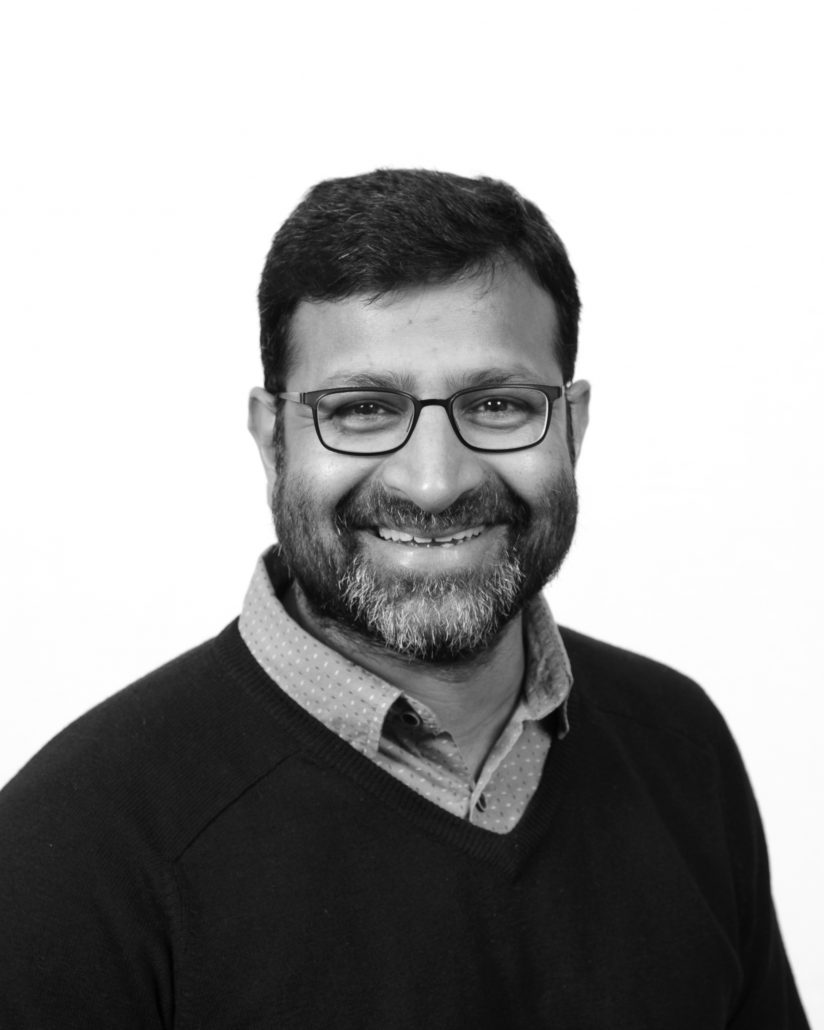
When he left his home in Islamabad, Pakistan, Amer Latif hoped to find some answers to his many questions about the universe in science. But by the time he graduated with a degree in physics from Bard College, Amer knew that the answers to his questions—and often the questions themselves—transcended science. His liberal arts education had allowed other questions to surface: “questions of beauty and meaning,” he says. He found himself driven by a desire to know the deeper significance of things in addition to the measurement of them. “The first place I found that did not shy away from these questions was in the writings of Rumi,” says Amer.
Teaching Philosophy
Amer feels that religious studies can be viewed much like learning a language. Religion is expressed through the languages of myth, ritual and symbol. “These languages give a structure to one’s thoughts and provide categories that shape one’s perception and experience of the world.” Amer’s goal is to allow students to understand and enter the conceptual universe of different religions through the combined use of art, literature, ethnography and historical studies. “For me, knowledge is one,” says Amer. “There are ways of making sense of things, and how they relate to each other, in a unified vision; that appeals to me.”
Scholarly Activities
Amer completed his doctoral degree at Stony Brook University in 2009, with a dissertation examining the interpretations of the Qur’anic narratives of Pharaoh by Rumi—the 13th-century Muslim scholar and mystic. “What interests me is how some people are able to move from one system of ‘signs’ to another,” says Amer, who is working on turning his dissertation into a book. “Rumi is like a translator. He takes stories of Pharaoh and Moses in the Qur’an, and tells people that this is something that is happening right within you.” Amer’s work also involves translating texts from Persian, Arabic, Urdu and Turkish.
Publications
“The performance of perplexity: A Sufi approach to the paradoxes of monotheism.” The Muslim World, 97 (4): 611-625, October 2007
“Unending patterns: Rumi’s interpretation of Qur’anic stories.” American Academy of Religion annual meeting, Chicago 2008.
“Narrative criticism and Qur’anic discourse: The case of Pharoah.” Colby Sawyer College, 2007.
“Mithl and Mithal: Rumi’s use of images and analogies in interpreting the Qur’an.” Cambridge University, England, 2006.
“Jalaluddin Rumi’s interpretations of the Qur’anic story of Moses and Pharoah.” Journal of Qur’anic Studies biennial conference, School of Oriental and African Studies, University of London, England, 2005.
“Mercy in literalness: Ibn al-Arabi’s Qur’anic hermeneutics,” American Academy of Religion annual meeting, San Antonio, Texas, 2004.
“Unity in the Qur’an: A literary critical perspective.” Society for the Anthropological Study of Religion, Providence, Rhode Island, 2003.


